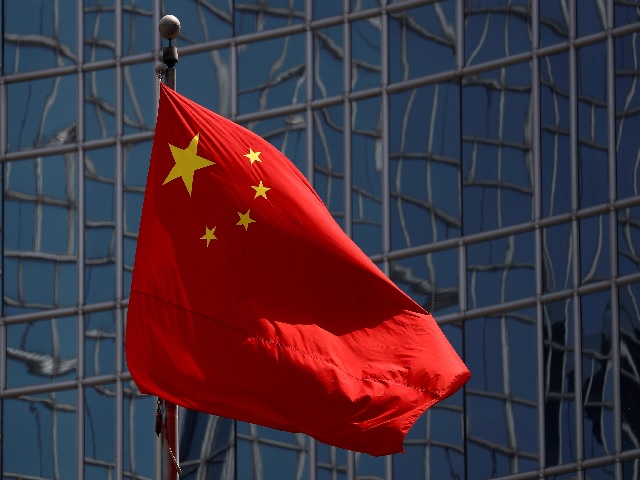
Over the last two decades, global wealth has tripled. China leading the way and surpassing the United States as the world’s richest country. New research reports by consultants McKinsey & Co examine the national balance sheets of ten countries. It represents more than 60% of world income.
“We are now wealthier than we have ever been,” Jan Mischke, a partner at the McKinsey Global Institute in Zurich, says in an interview. According to the report, global net worth increased to $514 trillion in 2020, up from $156 trillion in 2000. China was responsible for nearly one-third of the rise. Its wealth soared to $120 trillion, up from $7 trillion the year before it joined the World Trade Organization, hastening its economic rise.
China overtakes the US to grab the top spot in the list of richest countries
Richest 10%
The United States’ net worth more than doubled throughout time. From $90 trillion, despite more moderate rises in housing values. In both countries, the world’s biggest economies more than two-thirds of the wealth is held by the richest 10% of households, and their share has been increasing, the report informs. According to McKinsey, real estate accounts for 68 percent of worldwide net wealth. The balance is retained in infrastructure, machinery, and equipment, as well as, to a lesser extent, so-called intangibles such as intellectual property and patents.
Side Effects
McKinsey reports a steep rise in net worth over the past two decades. It has outpaced the expansion in global GDP. Also, has been propelled by skyrocketing housing prices fueled by low lending rates. It discovered that asset prices are about 50% higher than their long-run average relative to income. This raises concerns about the long-term viability of the wealth boom. “Net worth via price increases above and beyond inflation is questionable in so many ways,” Mischke said. “It comes with all kinds of side effects.”
According to the report, the ideal answer would be for the world’s riches to find their way into more productive investments that boost global GDP. The worst-case scenario would be a crash in asset prices, which could wipe out up to one-third of global wealth, bringing it more in line with global income.






